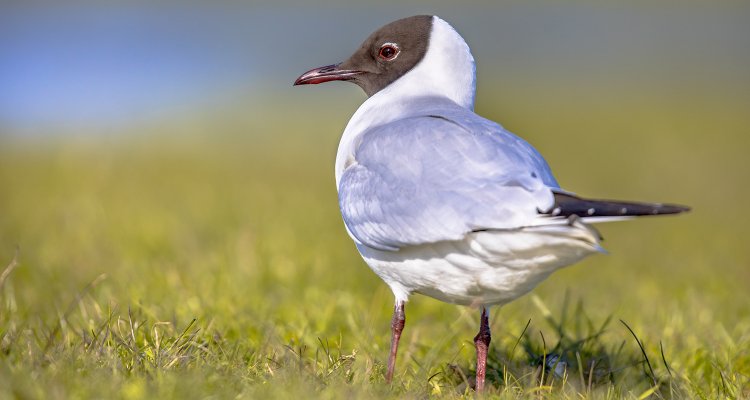
News
New variant of bird flu virus found at poultry farm Biddinghuizen
The bird flu virus that hit the organic laying farm in Biddinghuizen (the Netherlands) turns out to be a new variant of the H5N1 virus. Genetic analyses by Wageningen Bioveterinary Research (WBVR, part of Wageningen University & Research) shows the virus found is the so-called BB genotype. This bird flu variant currently circulates among black-headed gulls.
On 24 July, an outbreak with highly pathogenic avian influenza was detected in Biddinghuizen (in Dutch). This is the first outbreak since February of this year, and the first after the confinement obligation was lifted by the Ministry of Agriculture, Nature and Food safety.
New variant
WBVR investigated the virus and proved the farm was hit by the highly pathogenic H5N1 virus. Further research into the genetic composition of the virus shows that this particular virus is a new variant. “The virus that was found in Biddinghuizen has a different genetic make-up than the virus detected on poultry farms earlier in the year,” said Nancy Beerens, head of the National Reference Laboratory for Avian Influenza.
The virus found in Biddinghuizen is referred to as genotype BB. "This virus is currently circulating mainly among black-headed gulls in the Netherlands and Europe and results in large mortality among these birds.” The specific HPAI H5N1 virus genotype BB contains three pieces of genome that come from gull viruses; the PA, NP en NS segments are derived from a H13 bird flu virus. “The contamination of the laying farm in Biddinghuizen shows that this variant of the bird flu virus can infect not only gulls but also poultry.” Previously, it was experimentally demonstrated in Italy that the gull variant of the bird flu virus also led to infections in poultry.
Biosafety
The obligation to confine poultry has been lifted in most regions in the Netherlands. According to the Dutch expert committee on bird flu, the risk of infection with the bird flu virus is still low to moderate (in Dutch). Biosecurity measures on poultry farms remain of great importance for proper prevention and control of the avian influenza virus.